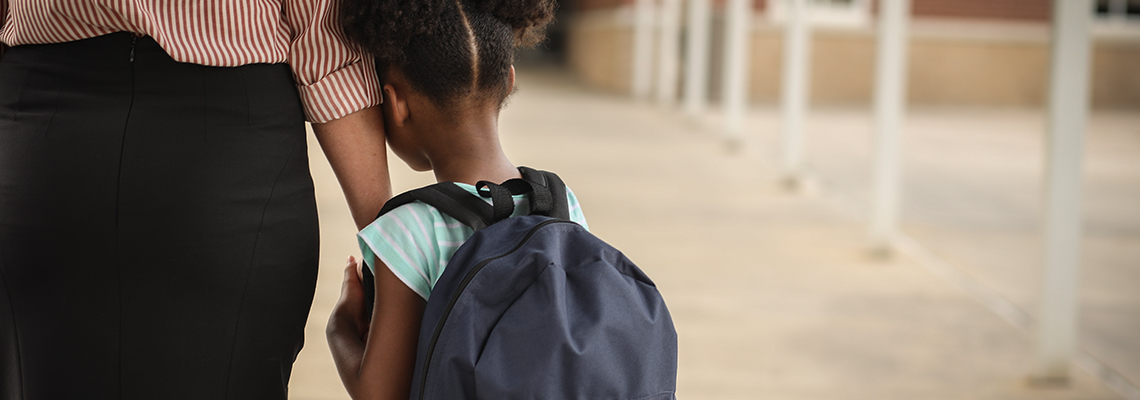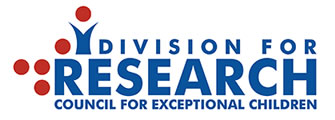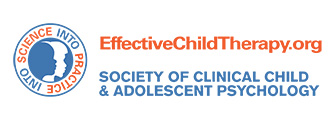
What is Anxiety?
Anxiety is a useful emotion that helps keep us safe and prepared. Adaptive anxiety helps kids to prepare for important events or stressful situations, such as a test, musical performance, or sporting event. Anxiety starts to be more harmful than helpful when the level of anxiety is out of proportion to the actual event and/or the anxiety makes it too difficult to engage in everyday activities.
Signs of Anxiety
It is normal for a child to feel nauseated or have worried thoughts about their performance on standardized tests, final exams, a championship game, or an ill family member. It is also typical for kids to experience periods of anxiety as an adjustment response to significant life events, such as moving, having a new sibling at home, or starting a new school. If a child continues to have trouble adjusting to a life stressor after more than three months, it may be time to seek a professional opinion about whether psychological supports for anxiety may be beneficial.
What are signs that anxiety is a problem?
Anxiety starts to become problematic when children experience an intense reaction in response to routine events (for example, participating in school, talking to new people, going to the doctor, falling asleep at night, or hearing thunder). If you are not sure whether an anxiety response is expected or normal for your child’s age or developmental level, consider whether it gets in the way with your child’s ability to complete activities that their peers seem to do comfortably. Children may be experiencing anxiety when they:
- Cry for long periods of time
- Scream in anticipation of a scary situation
- Complain of frequent aches and pains (headaches, stomachaches) before school or other stressful events
- Try to run away from or avoid the situation
- Ask parents questions repeatedly
- Do things to check that they are safe or loved ones are safe
- Have trouble sleeping
Specifically, look for two signs that anxiety is getting in the way. First, your child avoids feared situations. Second, your child engages in safety behaviors such as checking and seeking reassurance about their safety. For example, a child with fear of getting in trouble or disappointing others at school may do some of the following to avoid anxiety or seek safety:
- Try to stay home from school
- Take extra trips to the nurse or bathroom to escape the classroom
- Triple check work before raising their hand
- Ask parents lots of questions about the details of the school day
- Hide their face so they are less likely to be called on by the teacher
- Act out
Anxiety often makes adults (such as parents, teachers, coaches) give in to or assist with a child’s anxiety by answering lots of questions and structuring the environment so that children avoid feeling uncomfortable. Ask yourself, “What would I do differently if my child was not anxious?” Maybe you would not provide such detailed explanations about an upcoming doctor’s visit, or maybe you would run an errand rather than staying in view during a school event or social gathering. Answering this question may help clarify the degree to which your child’s anxiety has led you to join in on “avoidance and safety behaviors” (see above).
Helpful Tips for Parents
It is important to mention that keeping your child safe and providing reassurance when a child feels worried are healthy and essential parenting behaviors. However, when avoidance and safety behaviors occur frequently, and in response to routine or typical events, anxiety may be a problem. Avoidance or providing reassurance almost always relieves anxiety in the short term but makes anxious reactions more likely to occur the next time a stressful event occurs. Ask your child the same question you asked yourself: “What would you do differently if you weren’t feeling worried?” You may be surprised by their level of insight. Try to encourage your child to take small steps to act bravely and confront the situation rather than avoid it.
When should you ask a professional?
If you have concerns that your child may be experiencing too much anxiety, talk to your pediatrician. They may recommend that your child work with a mental health professional, such as a counselor or psychologist. The most helpful therapy for anxiety is called cognitive behavioral therapy (CBT). This type of therapy involves learning strategies to help your child act bravely in situations that they avoid. If your child is experiencing a severe degree of anxiety, your pediatrician may also tell you to consider medication management of anxiety symptoms in addition to therapy.
Proper Citation for this blog post:Reid, E. K. & Banneyer, K. N. (January 2, 2023). Is Anxiety a Bad Thing? Retrieved from https://infoaboutkids.org/blog/is-anxiety-always-a-bad-thing
















